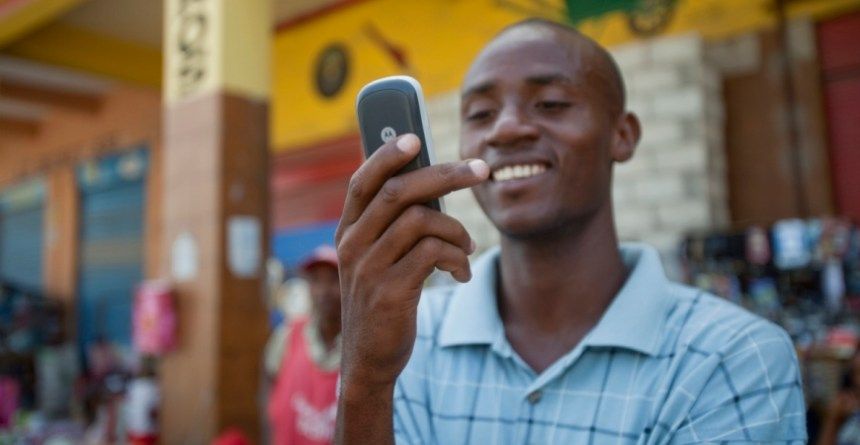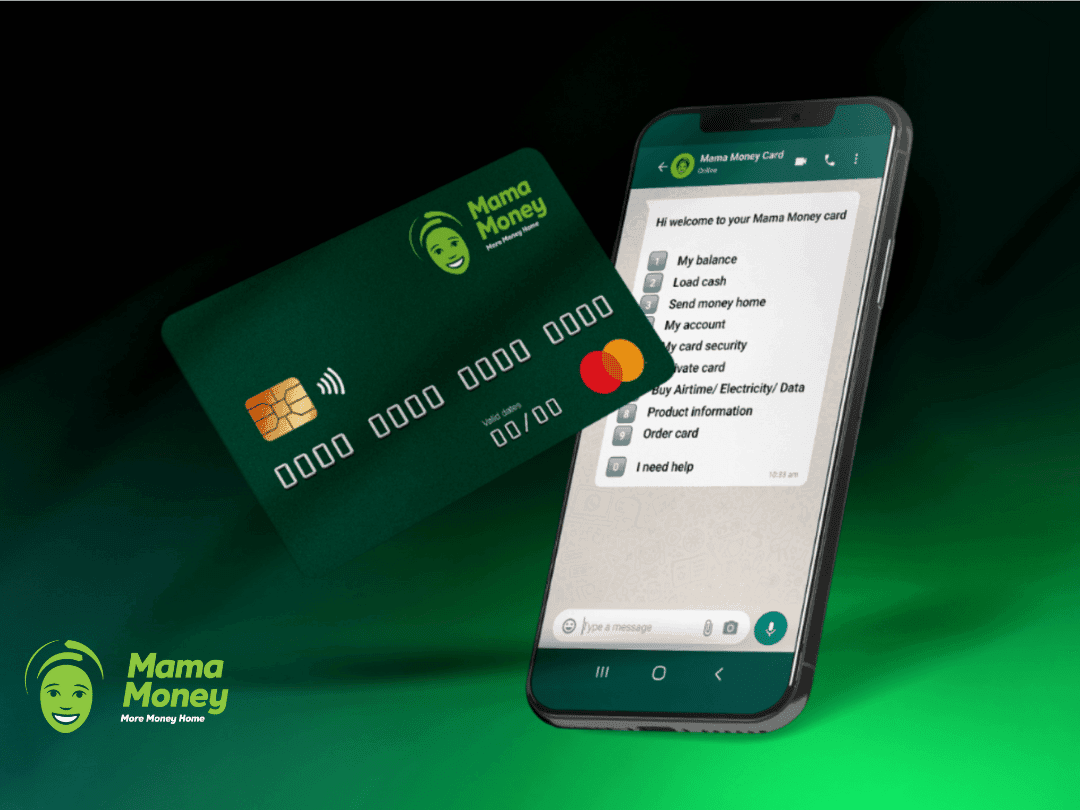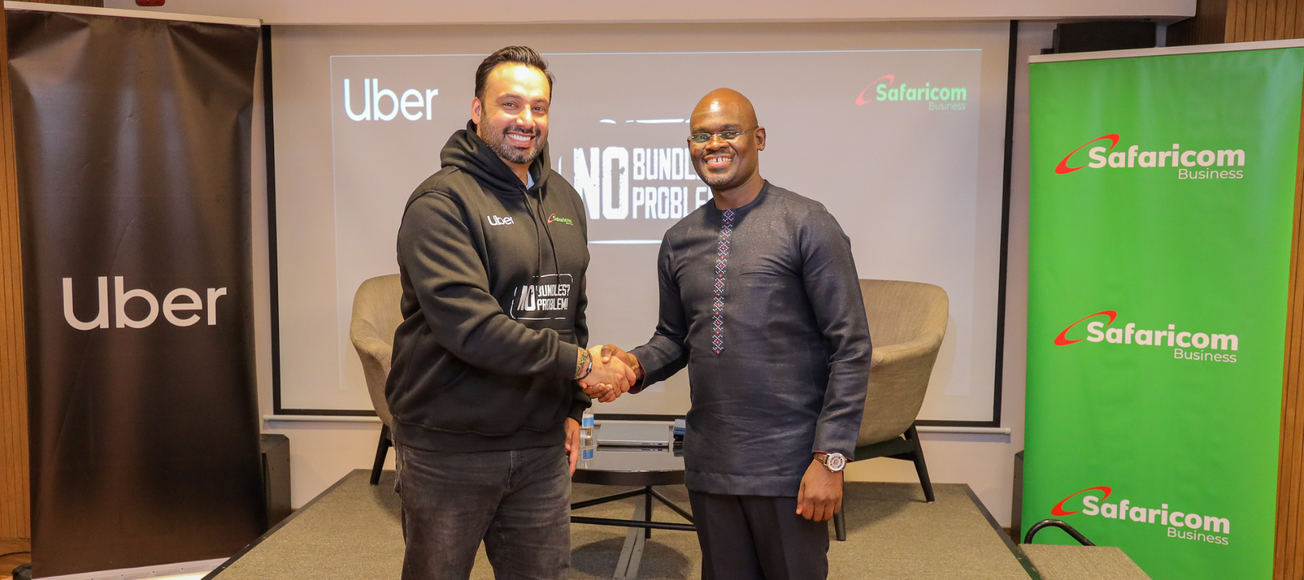The Director of Technology, Climate Change and Natural Resources Management at the Economic Commission for Africa (ECA), Jean-Paul Adam, has said Africa urgently needs affordable internet access.
Speaking with journalists, Adam said Africa contributed less than 1% to the world's digital economy which account for about 15% of global GDP.
According to the World Bank, Africa need about $100 billion to achieve universal, affordable and good quality internet access by 2030. Currently, only 17.8% of households in Africa have internet at home, and the continent accounts for only 21% of worldwide internet users.
It is estimated that over a quarter of a billion school children in Africa have been affected by COVID-19 and most of them lack the digital tools to continue their education online.
"This is very concerning and conveys a strong message that broadband connectivity is absolutely crucial for educational institutions and businesses to continue to provide essential services", Adam said.
"Reliable, high-speed internet is key to ensuring that hospitals and medical institutions can access the global information network and resources necessary to fight COVID-19".
According to the Alliance for Affordable Internet, the average cost of 1GB of data is 7.12% of average income. In some African countries, it is as high as 20%. Whereas, the ideal affordable rate is 1%–2 % of income.
In terms of bandwidth, Adam said many African countries still have as low as 64 kilobits bandwidth. He noted that "in certain situations, bandwidths for an entire country is less than what is available to an individual residential subscriber in the USA".
It is estimated that downloading a 5GB movie took 734 minutes in the Democratic Republic of Congo, 788 minutes in Sao Tome, 850 minutes in Ethiopia, 965 minutes in Niger, 1,342 minutes in Equatorial Guinea and only about 11 minutes and 8 seconds in Singapore.
Similarly, there is the issue of digital gender gap. Adam said there is "deplorable digital gender gap in Africa". In 2019, it was reported that men had 33.8% internet penetration rate while the women had only 22.6%.
"While the private sector can drive broadband initiatives, the government can play a crucial role by implementing effective sector regulation, addressing potential market failures, and creating the conditions for an open, competitive broadband sector", Adam said.
As Africa strives to adapt to the Fourth Industrial Revolution while modernizing and expanding its manufacturing base and broadening economic and trade integration through the African Continental Free Trade Area (AfCFTA), Adam says "we need to harness the potential of the new and emerging technologies including Big Data, Artificial Intelligence and machine learning, etc".
Adam was optimistic that the AfCTA provides a timely gateway way to the future, especially given the impact of COVID-19 on the global supply chain.









